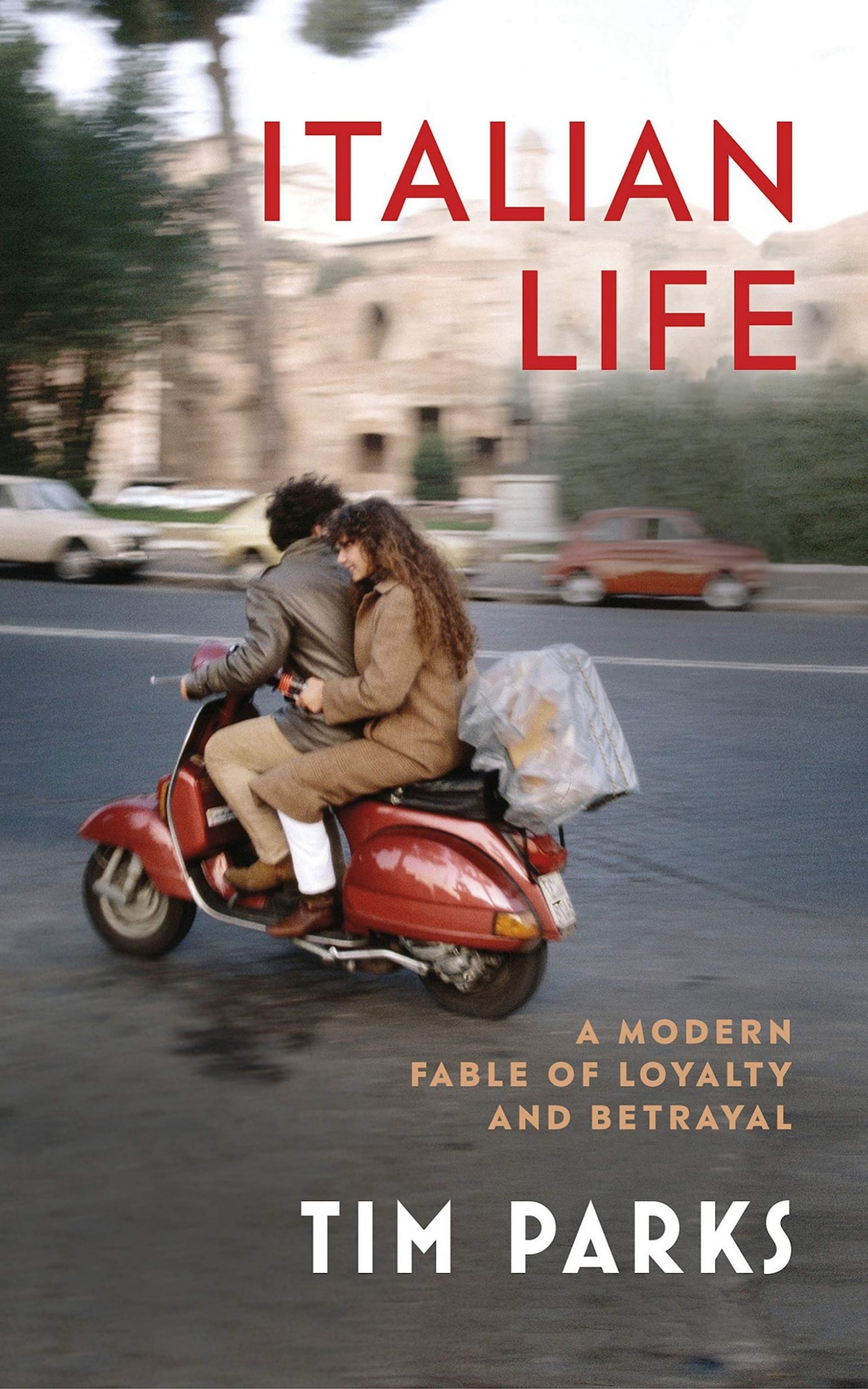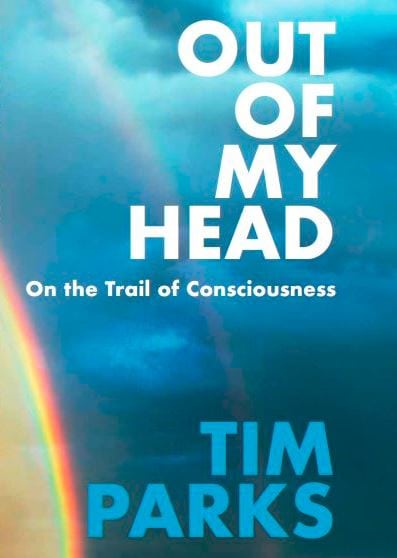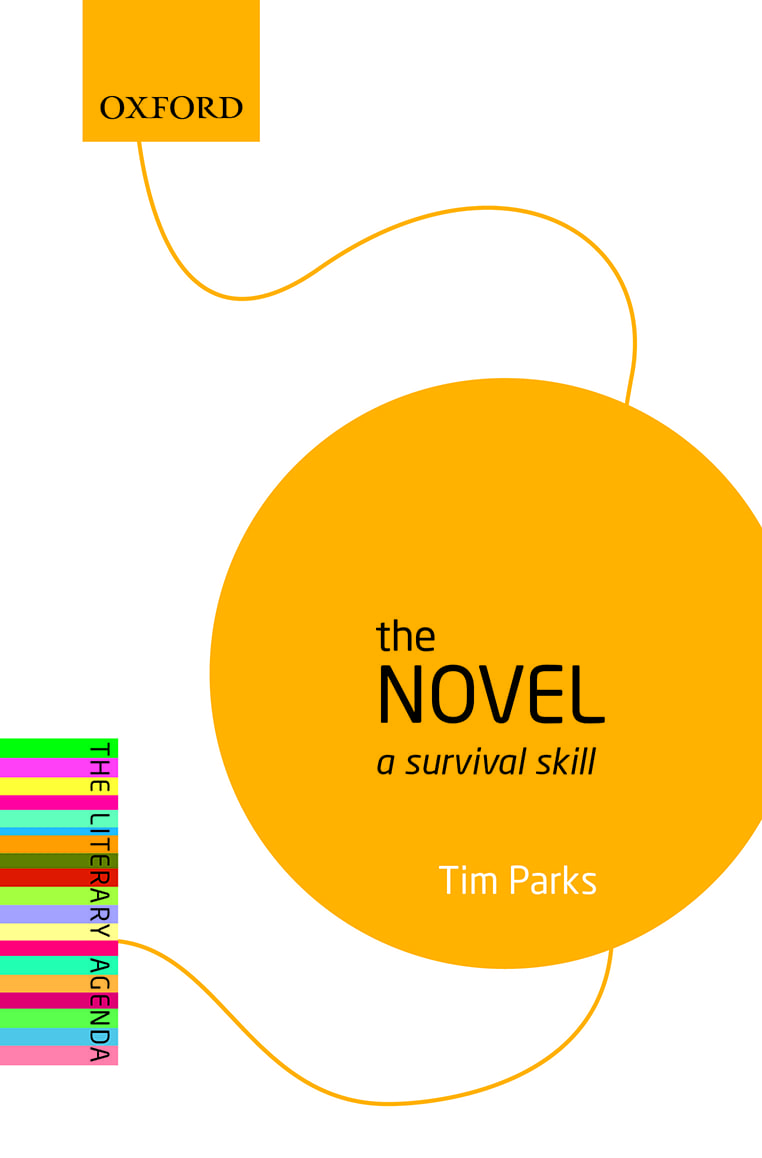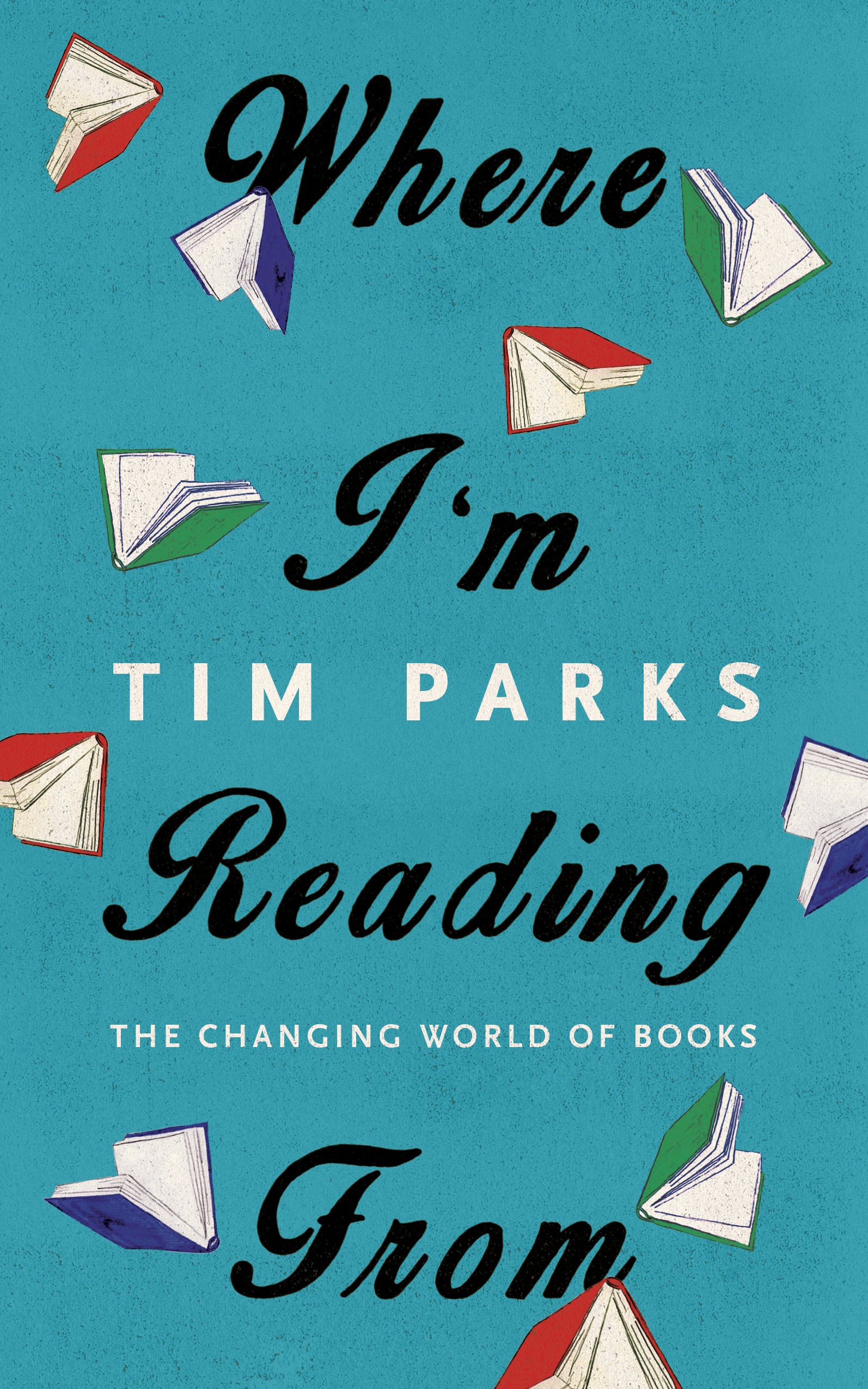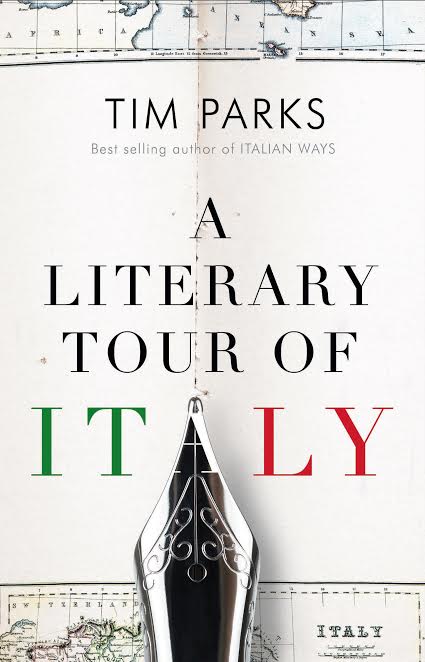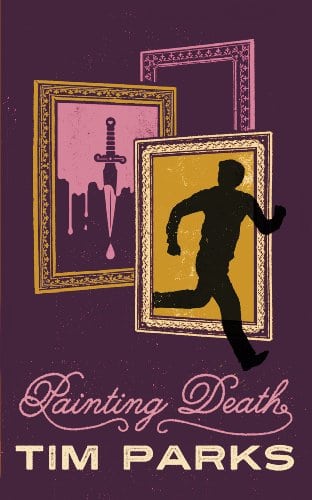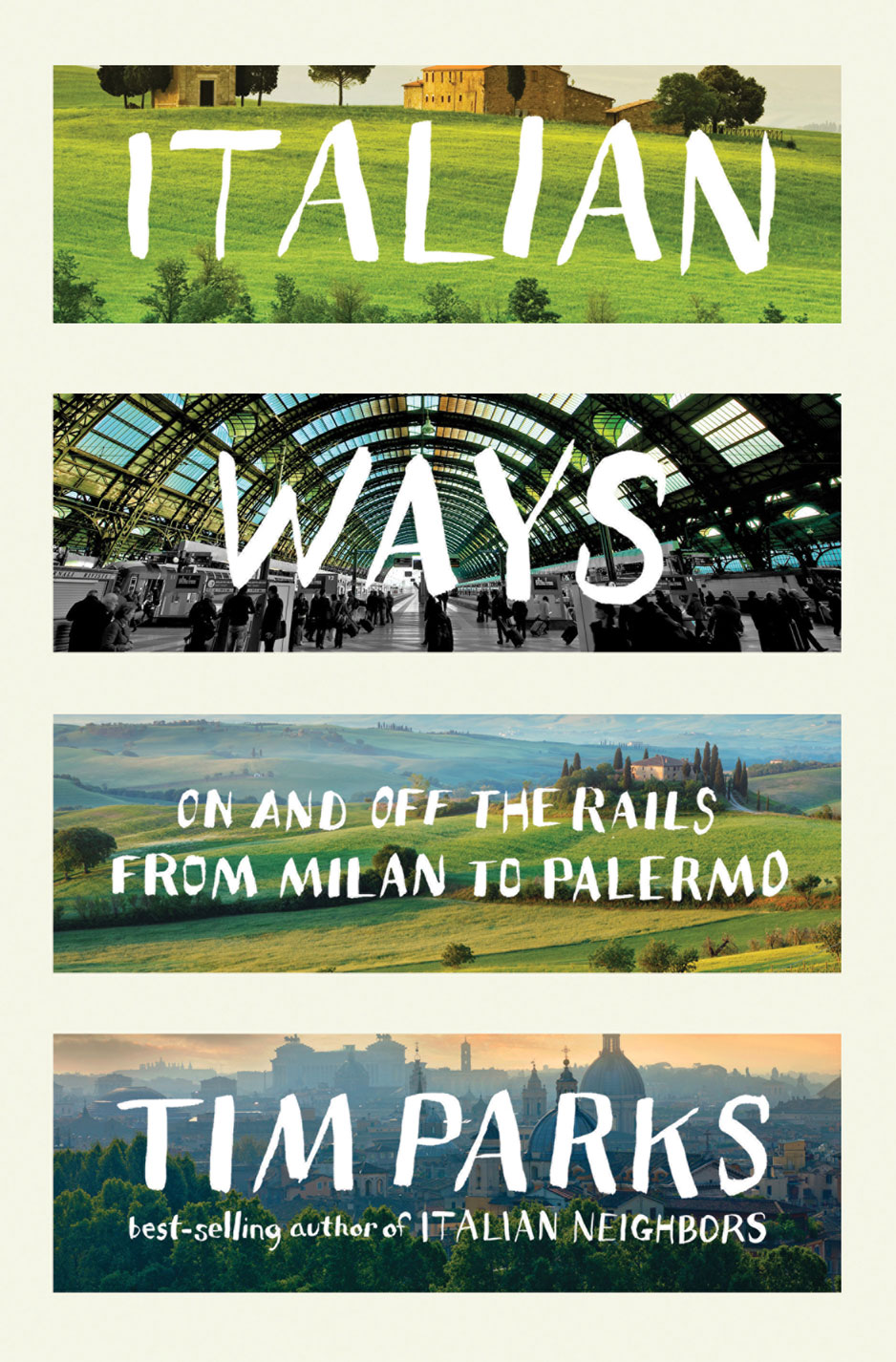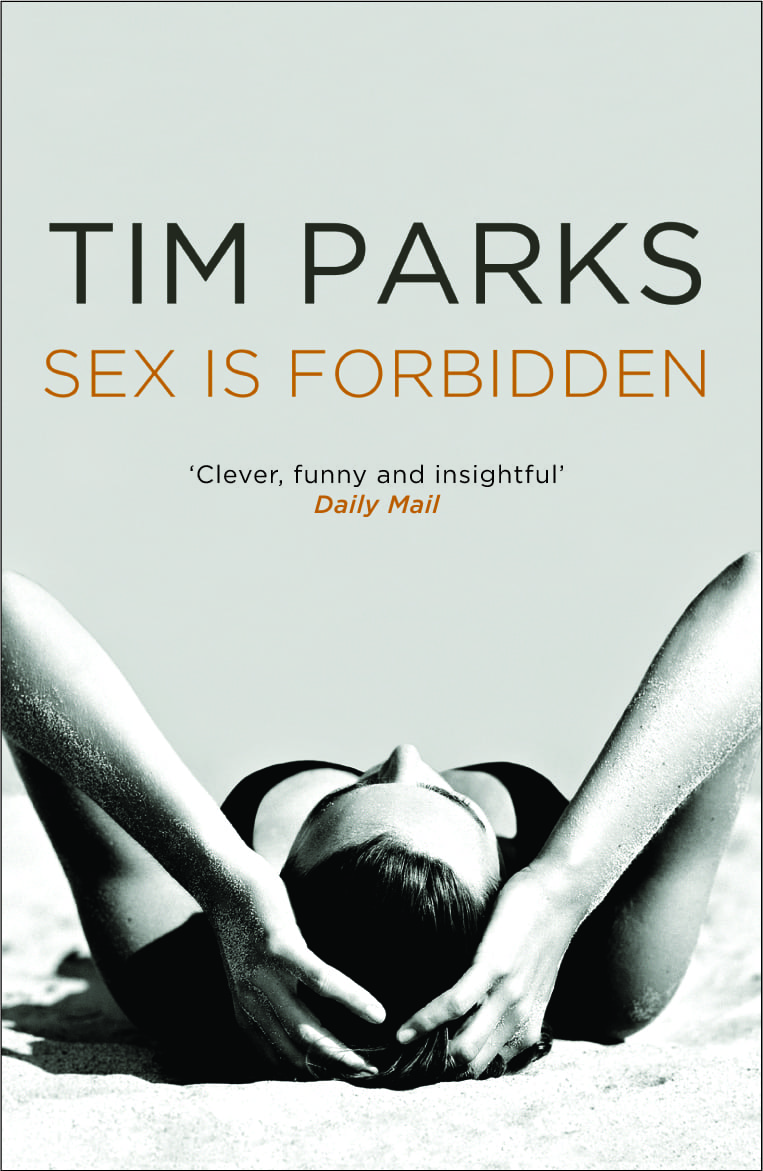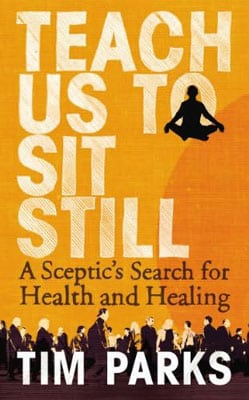Having moved house some four years ago, we receive very little mail through our old address. However, there is one correspondent I have been unable to inform of the change. Every few months an envelope is forwarded by the patient Italian postal service. It comes from London. My name is scrawled in an untidy print, perhaps left-handedly. Someone is eager not to be recognised. Inside there is no private message or indication of the sender’s name. Instead, ripped from some newspaper or other, in anger it seems, there will be a bad review of a book of mine or even, as happens from time to time (inexplicable honour!), a personal attack.
Curiously, this all began about eight or nine years ago, around the time I asked my publishers to stop sending me reviews. One of the advantages of living in a foreign country is that one can, to some extent, isolate oneself. I no longer wished to be elated by praise or tormented by ridicule, just to get on with whatever I was doing. No sooner had I breathed a sigh of complacent relief – Tim, you are above such things! – than along comes the first of these many anonymous envelopes with their unpleasant contents. I’m back to Earth again.
Getting away from Earth was perhaps what the writing obsession was all about, the Romanian philosopher Emil Cioran decided. Relating a sharp increase in the number of would-be creative authors to the decline of religious belief, he concludes, “No one can do without some semblance of immortality, and even less will they deny themselves the right to seek it out in the form of this or that reputation, starting with the literary … Since death has come to be accepted by all as the absolute end, everybody writes!”
If Cioran is correct, the hurtfulness of the negative review takes on a new dimension: the vain ego is grappling with the threat of its own extinction. “Deeply distressed at receiving this verdict in place of the praises I had expected,” confesses Rousseau, “I returned home sick at heart. Tired out and consumed by grief, I fell ill and for six weeks was not fit to leave the room.”
DH Lawrence was more combative. “A curse, a murrain, a pox on this crawling, sniffling, spunkless brood of humanity,” he declares after the bad reaction to Women in Love. When he published Fantasia of the Unconscious he began to write scornful replies to bad reviews even before any reviews at all had come out. Indeed, many of Lawrence’s works might be understood as feisty replies to the bad reviews of previous efforts. Bile can be a useful stimulant to the creative process. Despite his sufferings, Rousseau, who thought of himself as a musician as much as a writer, agrees: “On this occasion annoyance was my inspiration and never did richer music flow from my pen.”
But can it really be that the writers we admire only create out of a yearning for some improbable surrogate of eternal life? Can it be that their abilities to enchant us with words, to evoke youth and beauty, to conjure up drama, are actually enhanced when a reviewer denies them the recognition they were after? Should we thus wish that our favourite writers get panned, in the hope that they will then produce something even more miraculous?
Giacomo Leopardi, perhaps the finest Italian poet after Dante, wrestled long with the question of writing and fame. The forerunner of Schopenhauer, Leopardi had reached the unpopular conclusion that life was short, wretched and meaningless, a “solid nothing”. The genius of his poetry was to confront this unpalatable “truth” in verses so seductive that at least for the duration of the reading, the reader could feel enchanted by sad necessity.
Such a talent may bring admirers, but never the bandwagon develops around the optimists. “The man is a frog endlessly croaking, ‘There is no God because I’m a hunchback.'” declared one critic. Poverty stricken, Leopardi wrote in a letter to his brother: “If I could not take refuge in posterity, in the certainty that with time my work will find its rightful place (an illusory refuge I know, but it’s the only one and absolutely necessary to the serious man of letters), I would have sent literature to the devil a thousand times.”
Isn’t this a magnificent contradiction? In order to go on with an art that tells an uncompromising truth, the poet has to feel certain of something he simultaneously acknowledges is an illusion: the glory of a posthumous reputation, about which, of course he will never know anything, being dead. Purposeful action in general, Leopardi thought, and the happiness it brings, could only be carried out under the spell of some illusion. Ball games, for example, he thought particularly admirable for their ability to create a sense of urgency in people around an enterprise that was in the end supremely meaningless (imagine caring about Beckham leaving Man U!) Living meant living an illusion. The writer was no exception. But since art involved telling the truth about the human condition, the artist was obliged to live in a permanent state of contradiction.
This conundrum perhaps explains that wild excess of rage, that extreme uneasiness, that many writers feel on receiving not just bad reviews but reviews in general (“Nothing less than unqualified praise,” would do, thought Steinbeck). It is not merely that a huge ego is taking a bashing, though that is bad enough. It is that the writer is suddenly obliged to confront the obscure double-think behind his chosen career.
The good review, the literary prize, offers a foretaste of eternal glory. Any writer worth his salt sees through it at once. Did I do it for this? he wonders, incredulous, taking his place at the Booker dinner. The bad review tells him that even this illusory refuge will be denied. The hell with them, then! What matters is that the publishers pay. Oh, but if it was money I was after, I should have changed profession years ago! In his novella A Perfect Hoax, Italo Svevo, who was denied any recognition until very late in life, imagines a writer in his late 50s who ceased to publish decades before. Free of the anxiety of reviews and recognition, he finds it much easier to nurse vague dreams of eternal literary glory. He is a happier man.
I open our mailbox shortly after lunch. Ecco! He’s struck again, my cruel clippings collector! I recognise the small white envelope at once. The uneven, childish lettering that spells my name seems menacing and malevolent. The name of the street we once lived in – Via delle Primule, Primrose Way! – is loaded with irony. Why does he do this? Or she perhaps. Are my pretensions to fame offensive somehow? Not that I’m going to read the envelope’s contents, of course. I long since learned to put the things straight in the bin. My reviewer will remain as anonymous as the man who mailed me his slating. It is my name I want fixed in his head, not his in mine.
Still, I can hardly deny that something has happened. The cruel world is present to me. The stupid business of literary fame. Damn the man! And bless him too. For here comes a rush of adrenaline. I head for my desk. If it’s true, as so many religions claim, that an attitude of renunciation and withdrawal is the only road to spiritual improvement, it has nevertheless been an awfully long time since a Buddhist monk wrote a good novel.
The anger is firing my mind. Let the letters come. In the end, you have to admit this creepy guy is faithful to me. He’s been following my career for years. He must trawl through the papers for bad reviews of my work. It is a kind of recognition after all. I imagine the scruffy envelopes and cruel clippings continuing to arrive long after my departure to the last address of all: the ashes under the rose tree, or in the goalmouth at Verona’s football stadium if I had my way. OK, let’s give ’em something else to carp about, then. I pick up my pencil. What’s the subject today, children? Let’s write about human solidarity in a godless world




